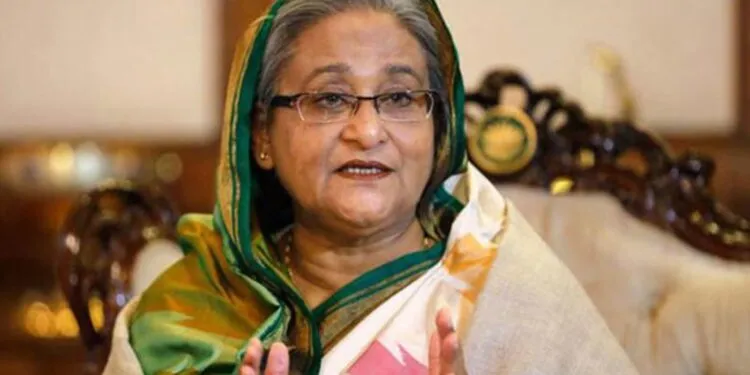Amnesty International slams “unfair, unjust” death sentences as US–UK maintain silence on Hasina verdict
Related Articles
गलगोटिया विवाद के इतर India AI Impact Summit में भारत की AI क्रांति का शानदार आयोजन
राजधानी दिल्ली में आयोजित इंडिया AI इम्पैक्ट समिट में देश भर से बहुत सारे लोग जुड़कर AI के क्षेत्र में हो रहे नवाचारों का...
“Constitution Must Change For State Autonomy”: MK Stalin Slams Centre In Assembly
Tamil Nadu Chief Minister MK Stalin on Wednesday called for a constitutional amendment to grant greater autonomy to states, arguing that the current federal...
Priyanka Chopra and Nick Jonas Attend ‘The Bluff’ Premiere in Los Angeles
Priyanka Chopra and Nick Jonas made a prominent appearance at the Los Angeles premiere of Amazon Prime Video’s The Bluff on February 17. Arriving...


